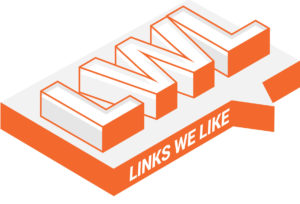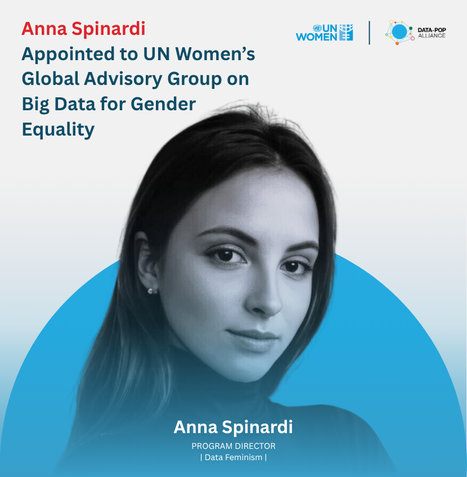LINKS WE LIKE #5

Politics and Governance
- The Open (Data) Market- Sean McDonald, Medium (@Medium) (@McDapper)
McDonald describes the advancement of open licensing movement and the concurrent “Matthew effect”-- a trend in unregulated spaces in which the rich get richer, and the poor get poorer. Open source advocates need to look deeper into the social equity tensions that arise due to unregulated markets and open data in order to better increase accessibility and equality. - Uber Begins To See the Payout From Accepting Cash Payments-Jon Russell, TechCrunch (@JonRussel) (@TechCrunch)
Uber’s traditional payment system has recently been broken: in Hyderabad, India Uber riders are now allowed to pay in cash. This shift away from the credit card is expanding Uber’s reach to new populations and demographics, allowing the company to compete with other dominant players in the international market. - Sierra Leone Launches First Mobile Financial Services Guidelines- Mobile Alliance for Global Good (MAGG) (@MobilizeForGood)
The first mobile money regulations have been launched in Sierra Leone to help expand financial services to the poor and foster financial inclusion. The country hopes that these steps toward inclusion through mobile services will create economic growth for those who are struggling and strengthen the government’s capabilities to provide essential services to all of their citizens.
Climate Change and Resilience
- Zika Data Sharing: A Call to Researchers- Special Programme for Research and Training in Tropical Diseases (TDR), World Health Organization (WHO) (@WHO)
The Bulletin of the World Health Organization has launched a new data sharing and reporting protocol, which will expand access to information about the current Zika virus. The protocol was established to encourage researchers to share their data in order to more quickly address the epidemic. - Agnus: Big Data Could Be a Health Care Game-Changer-Fareed Zakaria, CNN (@FareedZakaria) (@CNN)
David Agnus in this CNN interview explains how now we are at an inflection point for intervention in utilizing Big Data for medicine. As electronic health records become more prevalent, technology has created a tipping point to transform our health systems. - Crunch Data to Live Longer, Says David Agnus-The Doctor Who Treats the Stars-Rory Carroll, The Guardian (@rorycarroll72)
David Agnus points to data as the future of medicine by harnessing the healthcare systems’ amassment of information, which he believes should be shared. Although he acknowledges the issues of patient confidentiality and the caution taken by the medical field, Angus asserts “with enough data, error goes away.”
Data Ethics and Literacy
- All of the World’s Money and Markets in One Visualization-- Jeff Desjardins, Money Project, The Visual Capitalist (@jeff_desjardins) (@VisualCap)
This data visualization presents the world’s total money supply, depicting not only the world’s biggest companies and stock markets, but also the world’s richest people. The Money Project is an initiative created by the Visual Capitalist and Texas Precious Metals that uses visuals to explore and educate others about the implications of money. - Maximum Wage- Steven Johnson, Medium (@stevenbjohnson) (@Medium)
Johnson describes the exponential growth of Silicon Valley and resulting economic inequality, despite the fact that Silicon Valley has one of the more inclusive and sensible pay ratios in comparison to most other U.S. industries. The author analyses both the dissenting and assenting arguments for the economic trend, noting the important role that jobs outside of Silicon Valley play in addressing problems that cannot be fixed by tech.


![M002 - Feature Blog Post [WEB]](https://datapopalliance.org/wp-content/uploads/2025/10/M002-Feature-Blog-Post-WEB.png)






